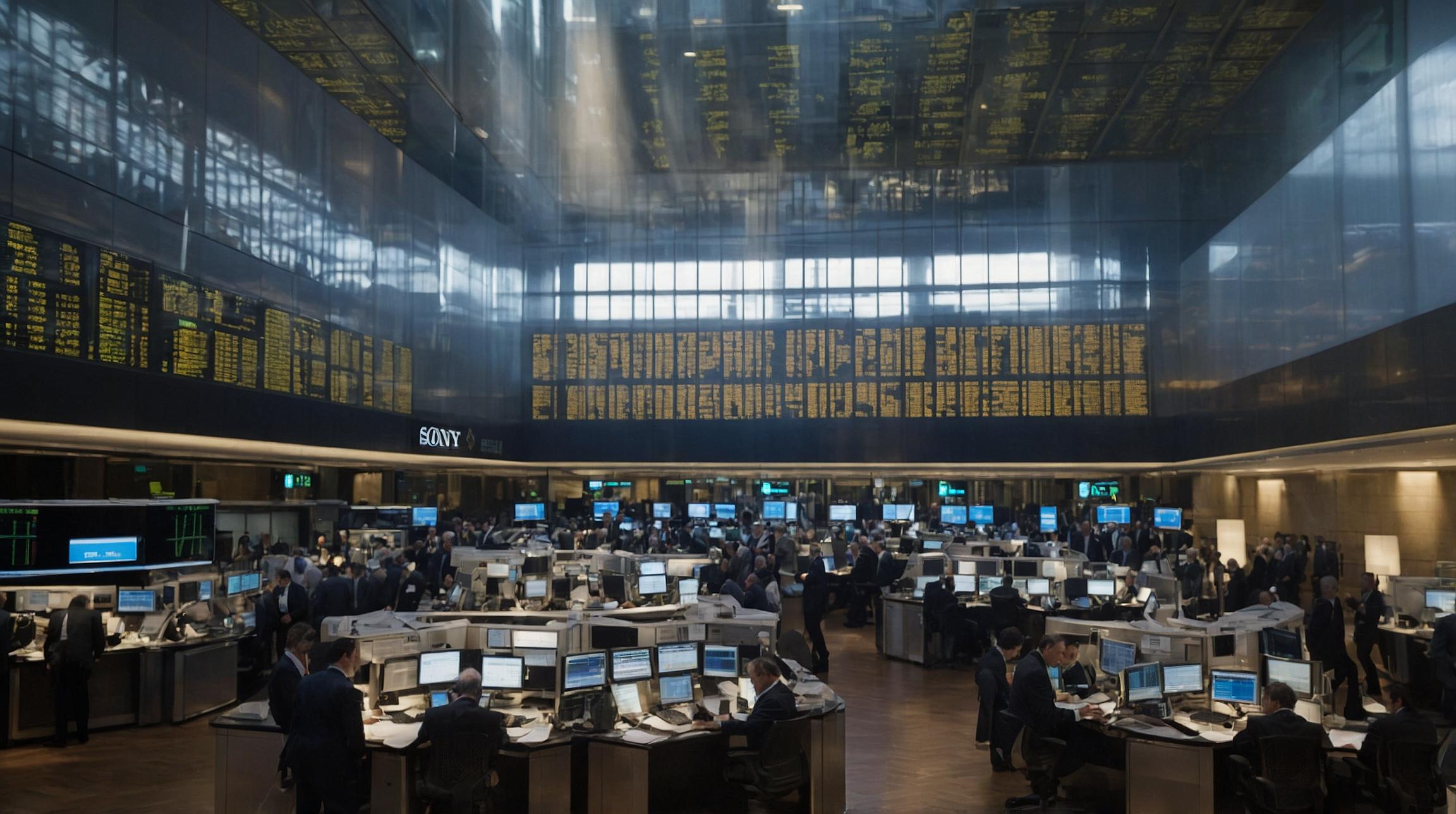Geopolitical tensions and oil disruptions counter concerns over slow demand in China
Oil prices have retreated slightly after a previous day’s rally, as tensions in the Middle East and disruptions in U.S. oil production offset concerns over slow demand growth in China. Brent crude futures fell by 17 cents to $78.93 a barrel, while U.S. West Texas Intermediate crude futures slid 3 cents to $74.05. The International Energy Agency (IEA) and OPEC have both forecasted strong growth in global oil demand, boosting investor sentiment. However, worries surrounding China’s economic recovery and the possibility of the U.S.-China conflict heating up again as the U.S. election approaches are still lingering, putting a damper on oil prices.
Oil prices drift lower after previous day’s rally, uncertainty looms
After gaining about 2% on Thursday, oil prices have edged lower due to concerns over geopolitical tensions and sluggish demand in China. Brent crude futures are currently trading at $78.93 a barrel, down 0.2%, while U.S. West Texas Intermediate crude futures have slipped 3 cents to $74.05. The International Energy Agency (IEA) and OPEC have both predicted robust growth in global oil demand, which initially fueled the rally. However, the slow recovery of China’s economy and the impending U.S. election have contributed to uncertainties in the market, leading to caution among traders.
Pakistan launches strikes on separatist militants inside Iran, Middle East tensions spread
Pakistan has carried out airstrikes on separatist militants inside Iran in a retaliatory attack, escalating tensions in the Middle East. This comes two days after Iran claimed to have struck the bases of another separatist group within Pakistani territory. The growing conflict in the region has raised concerns among traders, leading to a reluctance to take short positions in the market. However, the ongoing geopolitical tensions have also created caution around building long positions as China’s economic recovery continues to lag. The situation in the Middle East remains fluid, and any further escalation could have a significant impact on oil prices.
U.S.-China conflict could dampen energy demand as election approaches
The ongoing trade conflict between the U.S. and China has the potential to dampen energy demand as the U.S. election approaches. Traders are closely monitoring the situation, as any escalation in tensions could negatively impact global oil markets. The slow recovery of China’s economy has already raised concerns over oil demand, and the upcoming election adds another layer of uncertainty. If the U.S.-China conflict comes back into focus ahead of the election, it could further weigh on energy demand and influence oil prices. Currently, the market is expected to trade within a range of $70-$76 unless tensions in the Middle East escalate significantly.
Oil tankers return to Red Sea while tensions disrupt global shipping and trade
Two oil tankers that had diverted away from the Red Sea have now turned back and passed through the Bab al-Mandab Strait, according to ship-tracking data. However, tensions in the region continue to disrupt global shipping and trade. The ongoing conflicts in the Middle East have created uncertainty in the oil market, with traders closely monitoring the situation. Any further disruptions to shipping routes could impact oil prices and supply chains. Despite these challenges, the International Energy Agency (IEA) has raised its 2024 global oil demand growth forecast, but remains cautiously optimistic as its projection is lower than that of OPEC. The market appears to be well supplied due to strong growth outside of the producer group.
Analyst comment
1. Geopolitical tensions and oil disruptions counter concerns over slow demand in China: Neutral news. Market outlook: Oil prices may remain stable with limited growth due to tensions and disruptions offsetting concerns over slow demand.
2. Oil prices drift lower after previous day’s rally, uncertainty looms: Negative news. Market outlook: Oil prices may continue to decline due to concerns over geopolitical tensions and sluggish demand, leading to cautious trading.
3. Pakistan launches strikes on separatist militants inside Iran, Middle East tensions spread: Negative news. Market outlook: Geopolitical tensions in the Middle East may cause uncertainty, leading to cautious trading and potential impact on oil prices.
4. U.S.-China conflict could dampen energy demand as election approaches: Negative news. Market outlook: Uncertainty over the U.S.-China conflict and slow recovery of China’s economy may dampen energy demand and influence oil prices.
5. Oil tankers return to Red Sea while tensions disrupt global shipping and trade: Negative news. Market outlook: Ongoing disruptions to shipping routes may impact oil prices and supply chains, leading to cautious trading.













